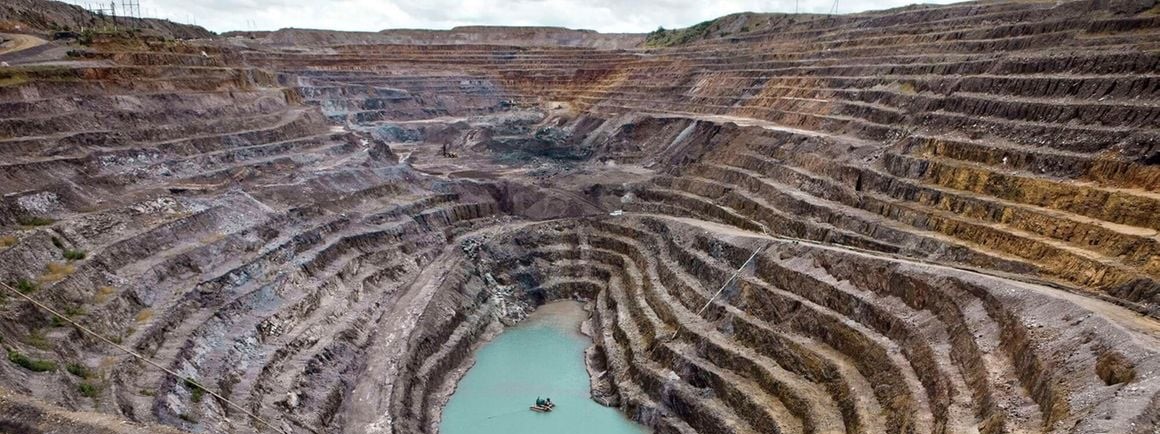(3 Minutes Read)
The Democratic Republic of Congo (DRC) and China resolve a 16-year mining dispute in a landmark USD 5.8 billion deal. The renegotiated contract ensures Chinese companies will invest USD 7 billion in local infrastructure over 20 years. Revised terms grant Congo a larger stake in the partnership, marking a diplomatic victory for the country.
DRC government officials disclosed recently that open talks with Beijing led to the new agreement. It happened sixteen years after the two parties signed “the contract of the century. However, under the current administration, there have been accusations against China that they extracted vital metals from the DRC without feeling obliged to support the people where they worked.
DRC officials said that the contract had been revised to include specific requirements for Chinese mining enterprises, such as building local infrastructure for Congolese residents. The new deal is valued at USD 5.8 billion and now the Chinese companies would have to pay nearly USD 6 billion over the next 20 years, up from USD 1.2 billion over the previous 15 years.
Inspector-General of Finance Jules Akinete’s investigations in 2023 revealed an imbalance between the Congolese authorities and Chinese firms. The Chinese companies have agreed to build a total of 7,000 kilometers of roads in the DRC, worth USD 7 billion. The project will take 20 years to complete. The Chinese side has undertaken to build 650 kilometers of roads worth USD 624 million in 2024. Each year, DRC will benefit from USD 324 million to finance road construction.
Read Also:
https://trendsnafrica.com/drc-president-sworn-in-for-second-term-promises-to-unite-people/
https://trendsnafrica.com/usd-20-million-rawbank-vitol-funding-to-drc-funding-for-energy-transition/
The new contract would involve tax exemptions of some USD 100 million. The DRC should also gain from USD 240 million in royalties on Sicomines’ yearly turnover, a business established to administer mining earnings under the arrangement. The renegotiated contract gives the Congolese side a larger stake in this company, whereas the Chinese side had a majority stake.





